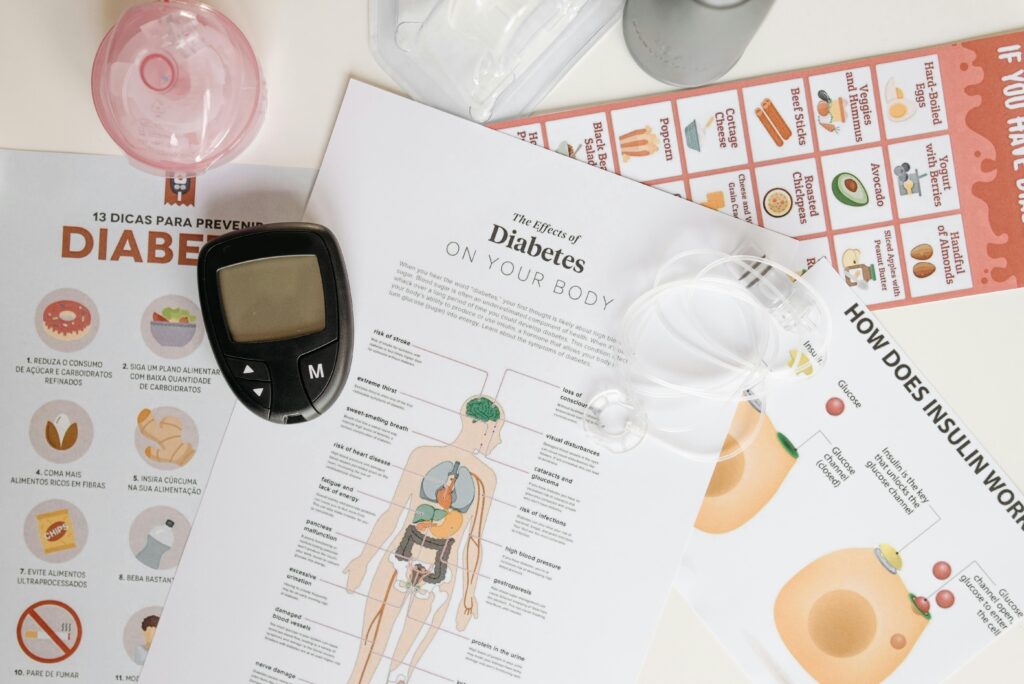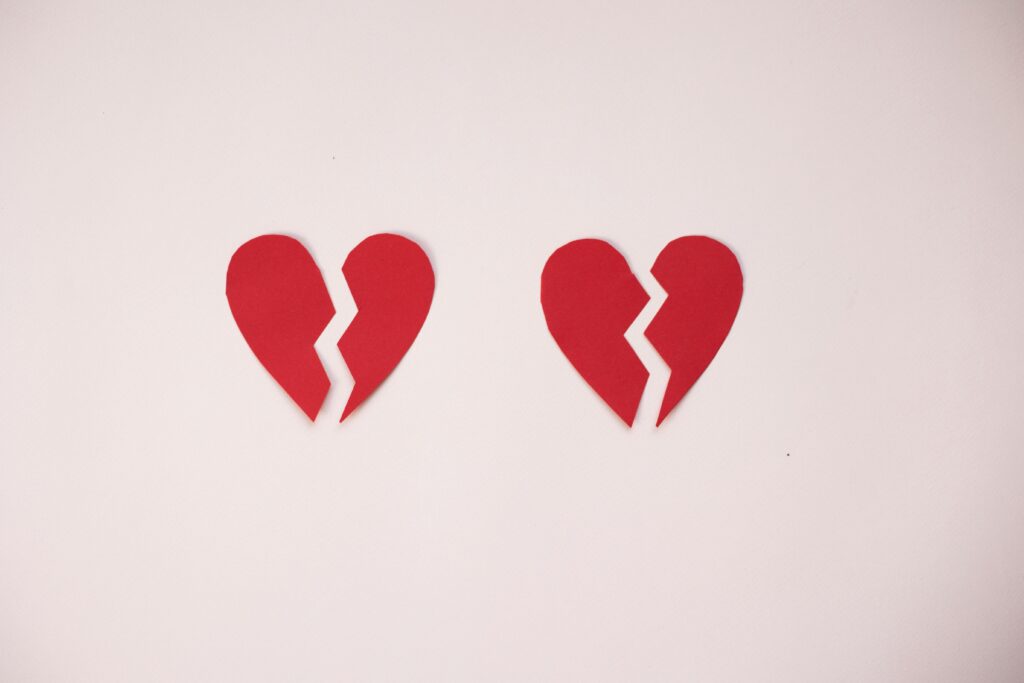The liver is a quiet organ. It works behind the scenes, helping with digestion, filtering toxins, and storing energy. But when something goes wrong, it often doesn’t shout—it whispers.
Many people ignore the early signs of liver trouble. They think it’s just tiredness or something they ate. But paying attention early can prevent bigger health problems.
Let’s look at some common liver warning signs that should never be ignored.
Unusual Tiredness That Doesn’t Go Away
Feeling a bit tired now and then is normal. But if you feel drained all the time—even after good sleep—it could be a sign of liver trouble.
When the liver is not working well, toxins build up in the body. This can lead to constant fatigue and weakness.
If you or a loved one feels tired for weeks without a clear reason, speak to a doctor.
Yellowing of the Eyes or Skin (Jaundice)
One of the most well-known liver signs is jaundice. It causes the whites of the eyes and the skin to turn yellow.
Jaundice happens when the liver can’t break down a substance called bilirubin. This yellow pigment builds up in the body.
Jaundice is never normal. It can be caused by hepatitis, fatty liver, or even a blocked bile duct. It needs immediate medical attention.
Swelling in the Stomach or Legs
A swollen belly that feels heavy or tight may be a sign of fluid build-up (called ascites). This happens when the liver is not working properly.
Some people may also notice swelling in the legs or feet, especially by evening.
This kind of swelling doesn’t always come from food or sitting too long. It can be linked to liver disease or heart issues.
Loss of Appetite or Sudden Weight Loss
If someone stops feeling hungry for many days or starts losing weight without trying, it’s not something to ignore.
The liver plays a big role in digestion. If it’s not doing well, your body might not get the nutrients it needs.
A poor appetite, especially in older adults, can quickly lead to weakness and low immunity.
Feeling Nauseous or Vomiting Often
Feeling sick in the stomach or throwing up regularly is not always a stomach problem.
When the liver is inflamed or irritated, digestion slows down. This can cause nausea, bloating, or a heavy feeling after meals.
If someone keeps feeling this way for more than a few days, it’s time to check the liver.
Dark Urine or Pale Stools
Dark yellow or brownish urine, especially when the person is drinking enough water, can be a liver warning sign.
At the same time, very light-colored or clay-like stools could also mean that bile is not flowing properly.
These changes may seem small, but they can be early clues.
Itchy Skin Without a Rash
Many people with liver problems experience itchy skin. This itch is not caused by a rash or allergy. It comes from bile salts building up under the skin.
If someone keeps scratching, especially at night, and there’s no visible reason, the liver could be behind it.
Easy Bruising or Bleeding
Do you notice small bruises without injury? Or bleeding gums while brushing?
The liver helps with clotting. When it’s not doing its job, bruising and bleeding can happen more easily.
If this starts suddenly or gets worse, don’t ignore it.
Confusion or Forgetfulness
Liver problems don’t just affect the body—they can affect the brain too.
When toxins build up in the blood, they can reach the brain. This leads to forgetfulness, mood changes, confusion, or even trouble sleeping.
This is called hepatic encephalopathy. It needs urgent medical care.
Bitter Taste in the Mouth or Bad Breath
A bitter, metallic taste in the mouth or foul-smelling breath that doesn’t go away may be linked to liver issues.
Some people call it a “liver breath.” It often gets worse in the mornings or after meals.
While this can also happen with dental problems, if other symptoms are present, it’s best to get the liver checked.
Red or Spider-Like Marks on the Skin
Tiny red blood vessels, shaped like spider legs, may appear on the chest or upper body. These are called spider angiomas.
They are often seen in people with liver disease, especially when the liver is damaged over time.
Changes in Mood or Personality
When the liver is not able to remove toxins from the blood, it can affect the brain. This may cause changes in behaviour.
A person may seem irritable, forgetful, or withdrawn. They may lose interest in daily tasks. Some may appear depressed or anxious.
These changes are often overlooked, especially in older adults. But they could be signs of serious liver stress.
When to See a Doctor
If you or your loved one has any of these symptoms, don’t wait too long. Even one of these signs, if it lasts more than a few days, is worth checking.
Liver problems can often be managed if found early. Blood tests, an ultrasound, or a liver function test can show what’s going on inside.
Ignoring these signs may lead to bigger issues like liver cirrhosis or failure.
How to Care for the Liver
While this blog is about warning signs, it’s also important to remember that the liver can heal—if given the right care.
- Eat fresh, balanced meals
- Avoid alcohol and fatty foods
- Take medicines only as prescribed
- Drink clean water
- Get regular health check-ups
- Stay active with mild exercise
- Rest well and manage stress
And most importantly—listen to your body. It knows when something isn’t right.
In Closing
The liver may not always shout for help. But it gives us signs. Through our skin, stomach, energy, and mood.
Recognising these early can make a huge difference. For older adults, small symptoms can turn serious quickly—so never brush them aside.
Was this blog helpful to you or someone you care for?
Do you have questions or experiences to share?
Drop a comment below. Let’s start a conversation.
And if you found this useful, please share it with your family and friends. You never know who might need it.





